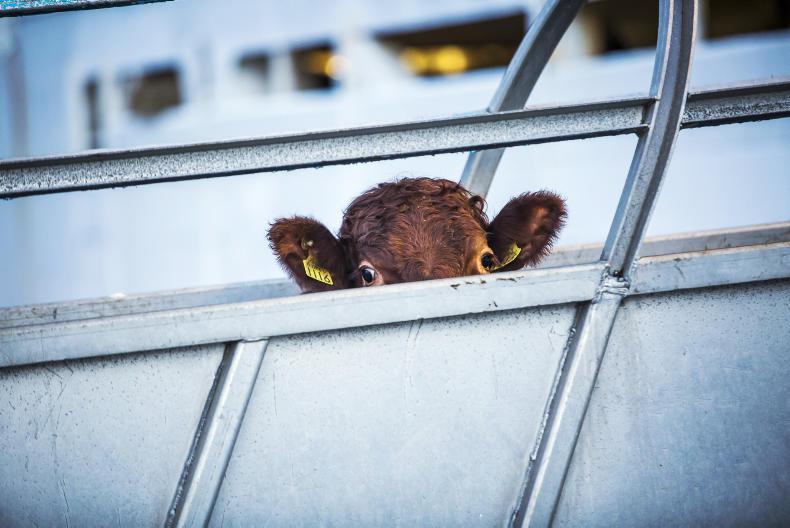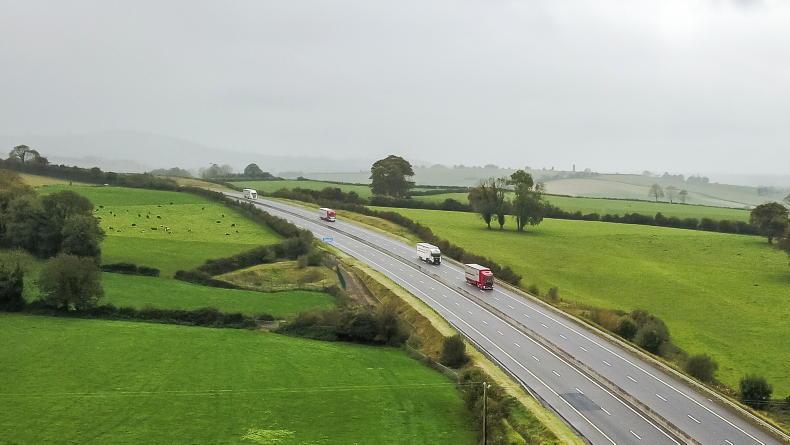New Zealand’s Minister for Agriculture Damien O’Connor has confirmed that all live exports from the country will cease in the next two years.
Minister O’Connor said on Wednesday that the heart of the decision to end live export is in upholding New Zealand’s reputation for high standards in animal welfare.
“The export of livestock from New Zealand has been a feature of our farming systems for a long time, but concerns about the risks to New Zealand’s reputation from this trade, have been steadily increasing.
“The fact is that once animals leave New Zealand by sea we have very limited ability to ensure their wellbeing, before they reach the destination.
“That’s why we’re announcing that the export of livestock by sea will cease following transition period of up to two years.”
New Zealand’s national animal welfare advisory committee recommended that the trade stop.
Export history
The first recorded live exports from New Zealand date back to the 1860s. In 2020, New Zealand exported 109,921 live cattle – up from 39,269 in 2019.
In 2003, the practice came into focus when thousands sheep died aboard an Australian ship after being rejected by Saudi Arabia.
Export of sheep for slaughter was subsequently banned in 2003 and this was extended in 2007 to include cattle.
Livestock for breeding are currently the only animals allowed to be exported while alive.
There are concerns amongst New Zealand’s agriculture sector around a potential backlash from China, the country’s main live export destination.









SHARING OPTIONS